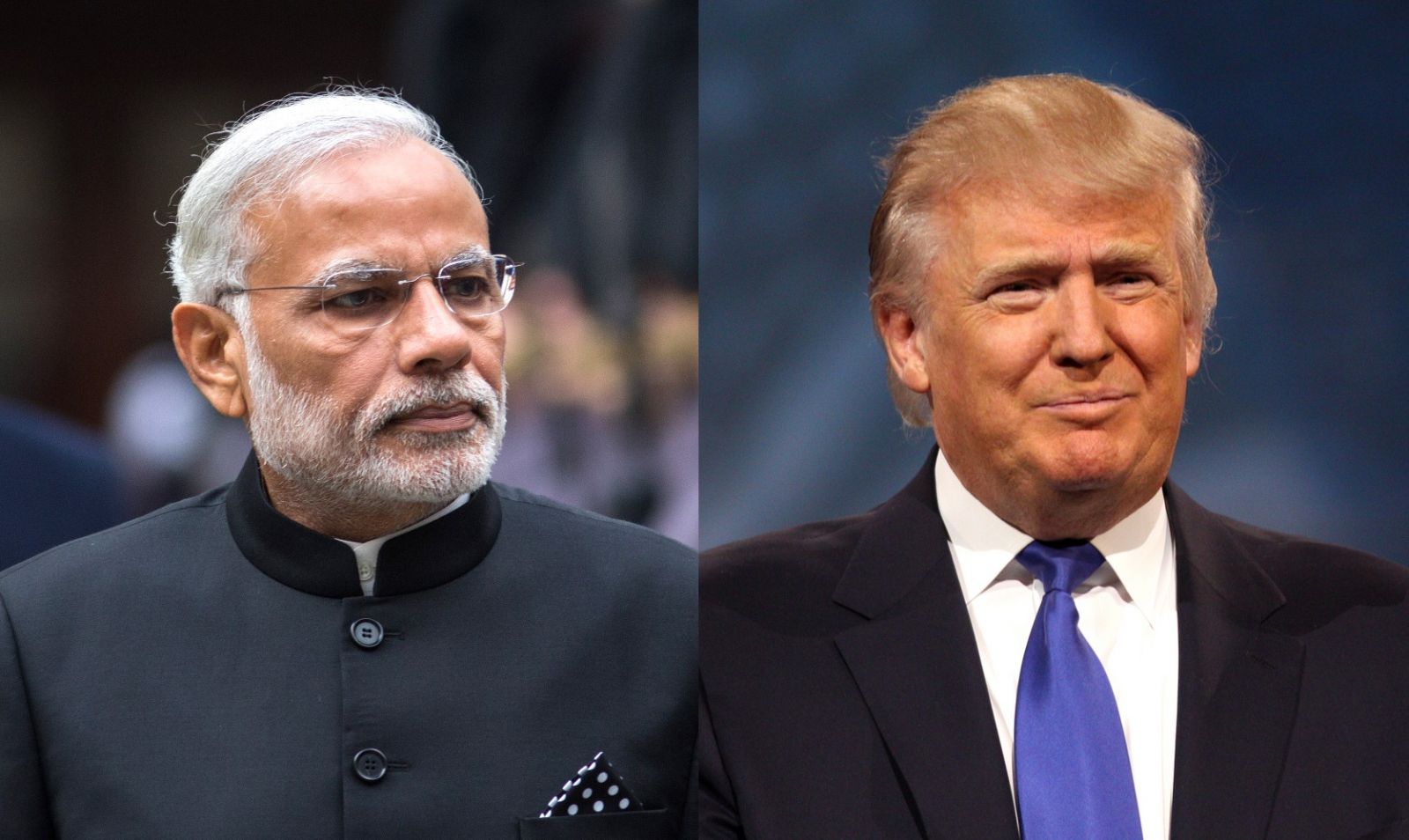Monday, June 26

MODI’S MOMENT
INDIA’S PM WELCOMED TO THE WHITE HOUSE

Indian PM Narendra Modi will meet Donald Trump for the first time today. Mr Modi will seek to establish a rapport with the US president while discussing matters of mutual interest.
Security issues are likely to top the agenda. Both countries are on the frontlines in the combat against Islamic extremism and given conflict in Afghanistan and recent ISIS activity in India, increased collaboration with the US could significantly boost India’s national security.
But having previously expressed dissatisfaction at the trade deficit with India, Mr Trump’s “America First” policy could become a real hurdle for Modi. Trump’s dismay is reflected in the squabbles over immigration, particularly the issuance of H-1B visas. In response, US-based Indian firms have started employing more Americans.
The meeting will ultimately set the tone for future relations as President Trump assesses the countries’ current relationship.
Delve deeper: The US and India: pivot to the subcontinent?
BEATING THE BUST
MONGOLIA HOLDS PRESIDENTIAL ELECTION

Mongolia will go to the polls to vote in a new president on Monday. The major election issue will be how to revive the country’s mining-dependent economy, which went bust in the global commodity slump of 2014. While an IMF bailout earlier this year rescued the country from crisis, the country’s reliance on the extraction industry remains unchanged.
Three candidates are vying for the job, each with substantial parliamentary or business experience but each marred by controversy. Lifetime politician and current parliamentary chair Enkhbold Miyegombo is plagued by rumours of bribery and corruption. His competitor, businessman Battulga Khaltmaa is alternatively seen as a nationalist hero or an oligarch.
The third candidate, former president Enkhbayar Nambar, was previously barred from running by the General Election Committee. With scandal shrouding all three candidates, a clear winner has yet to emerge.
Whether the next president will be able to revive Mongolia’s economy will largely depend on the development of global commodity prices.
Delve deeper: Mongolia’s presidential election: populists in Asia
PIPELINES OF INFLUENCE
EU MULLS SEIZING CONTROL OF NORDSTREAM 2 TALKS

The European Union’s Energy Council meets today to decide whether the bloc should assume direct control of negotiations with Russia over the NordStream2 gas pipeline. The $10.5 billion project would double the capacity of an existing line between Germany and Russia to 110 billion cubic meters per year.
The project is favoured by Germany, which would benefit from lower prices. It faces opposition from Ukraine and Poland, which fear reduced gas traffic would rob them of lucrative transit fees.
Eastern European states favour (and Germany opposes) EU control of negotiations. They hope the bloc will use its influence to either kill the project or pressure Moscow to guarantee Ukraine remains a significant transit country for its gas. This compromise would enable NordStream 2 construction and also sustain handsome transit fees for Eastern European countries.
Given multifaceted support for EU control, it’s unlikely that Germany will be able to exclude Brussels. If the EU decides on a compromise mandate, it could set a precedent for future pipelines that seek to circumvent Eastern European countries.
HAPPENING ELSEWHERE…
The British government is expected to elaborate on its proposal to allow EU citizens to remain in the UK post-Brexit. At a closed-door dinner with EU leaders last Thursday, Theresa May reportedly announced her government was willing to allow EU citizens already in the country a ‘grace period’, but would require them to build up five years of residence in order to qualify for public services. The proposal is subject to a reciprocal agreement from the European Union.
Brazilian President Michel Temer will address delegates gathered at the biennial Ethanol Summit. Ethanol is derived from sugarcane and is therefore classed as a renewable energy. By law, ethanol must make up at least a quarter of Brazil’s petrol mix and, together with sugarcane, is one of the country’s largest exports—worth some 2% of GDP.


